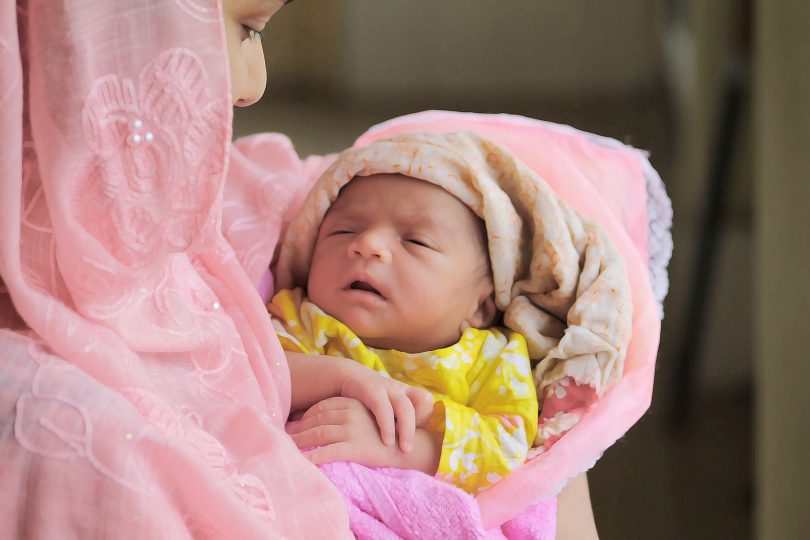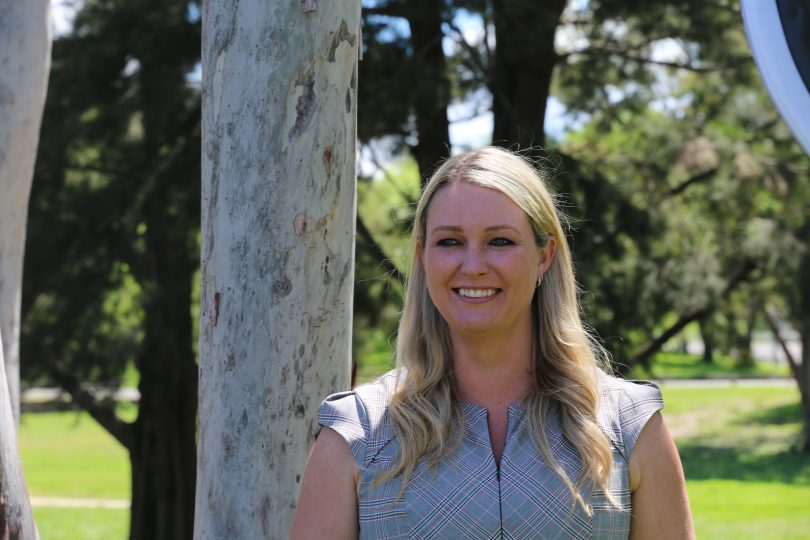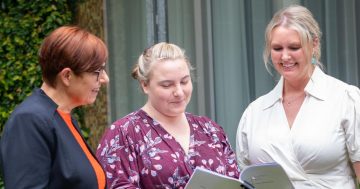
A new motion will call on the ACT Government to review the rights of children born via assisted reproductive technology to access information about their heritage. Image: File.
The rights of Canberrans who use, or are born through assisted reproductive technology (ART) like IVF, could be expanded in the ACT with the government set to review the current laws.
The ACT is currently subject to the National Health and Medical Research Council’s (NHMRC) ethical guidelines.
The NHMRC guidelines entitle a person born from donated genes to access information about their biological parent’s medical history, family history, details of their physical characteristics and the number, age and sex of other people who have been born by the same donor.
But a new motion to be moved in the Legislative Assembly this week by Labor backbencher Dr Marisa Paterson will seek to create a central register for donor information and prove the accessibility of reproductive services for low-income Canberrans.
Only four states in Australia – NSW, Victoria, South Australia and Western Australia – have specific legislation for donor conception.
But Dr Peterson said specific legislation will ensure a higher degree of rigour and accountability.
“Legislation, rather than relying only on guidelines, would provide a greater degree of certainty, consistency and clarity for all concerned,” she said.
Dr Paterson’s motion will also call on the ACT Government to review the efficacy of a donor registration process to ensure Canberrans born via this treatment can identify their biological parent and obtain information about their genetic heritage.
“Whatever the outcome, ART can be a life-changing experience,” she said.

Dr Marisa Paterson will introduce a motion in the Legislative Assembly this week calling for a review of the ACT’s assisted reproductive technology framework. Photo: Dominic Giannini.
“Many couples I have spoken to have described it as emotionally and physically draining. It can be invasive, distressing and can be a long, grief-filled process.
“In contrast, it can be the most life-giving, phenomenal experience. I want to make sure that anyone in Canberra undergoing ART treatment is provided with the best possible care, resources and patient support.”
The motion also calls for an analysis of what impact the Mitochondrial Donation Law Reform Bill, or Maeve’s Law, in the Federal Parliament would have on the ACT.
The Bill would legalise the partial donation of DNA from a donor’s egg to the mother’s egg to stop mitochondrial disease in babies.
The disease, which reduces the ability of mitochondria to produce energy and causes cells to die until organs begin to fail, can be eliminated through “three-parent IVF”.
DNA donations from a separate egg prevent the rare disease from being passed on through DNA mutations.
The most serious symptoms affect one in 5000 babies and can cause strokes; hearing and sight loss; the inability to walk, eat, swallow or talk; liver disease; diabetes; heart and respiratory complications and intellectual disabilities.
The availability of support services in the ACT and how current laws and services work in other jurisdictions will also form part of the review’s scope.
If the motion is successful and the review is established, it will report back to the Legislative Assembly by August 2022.














